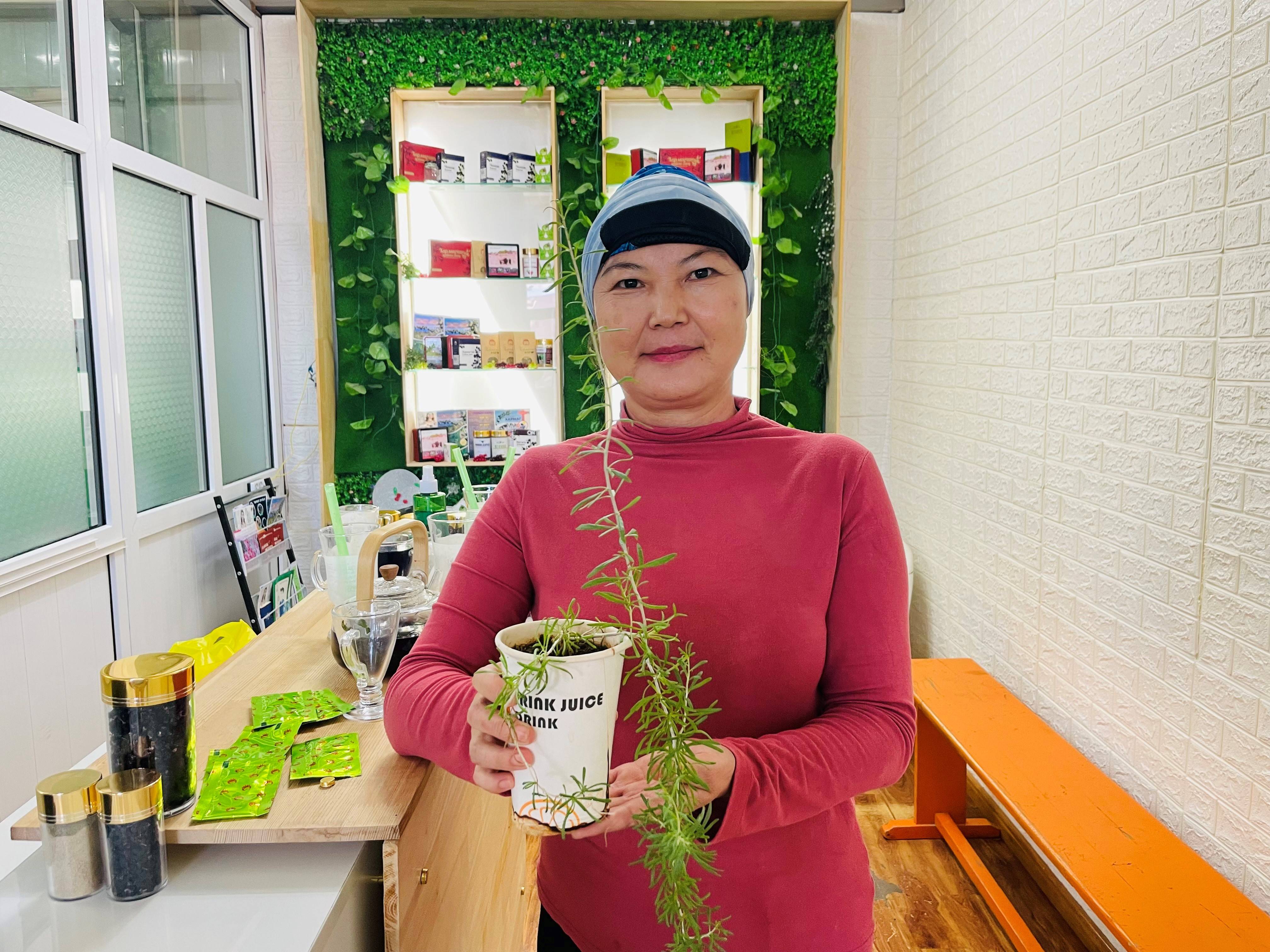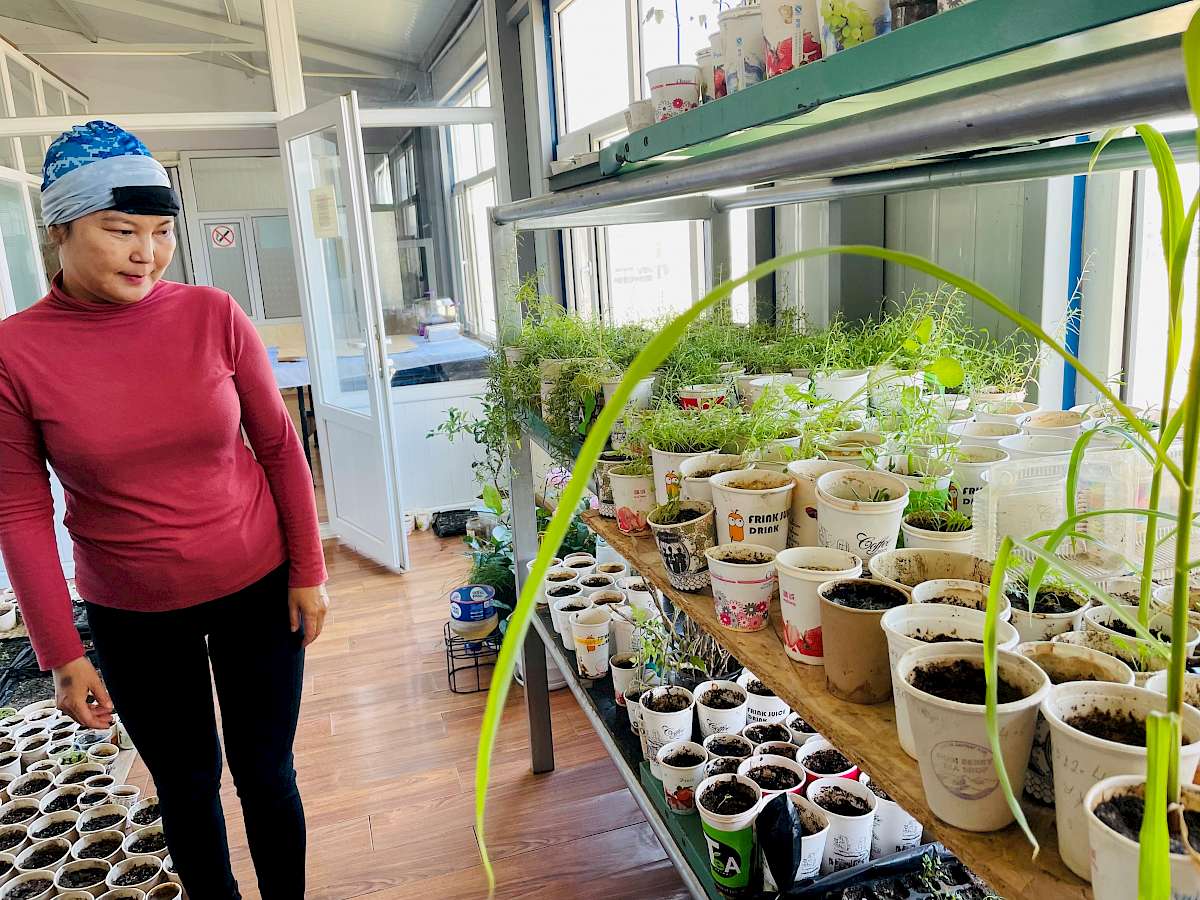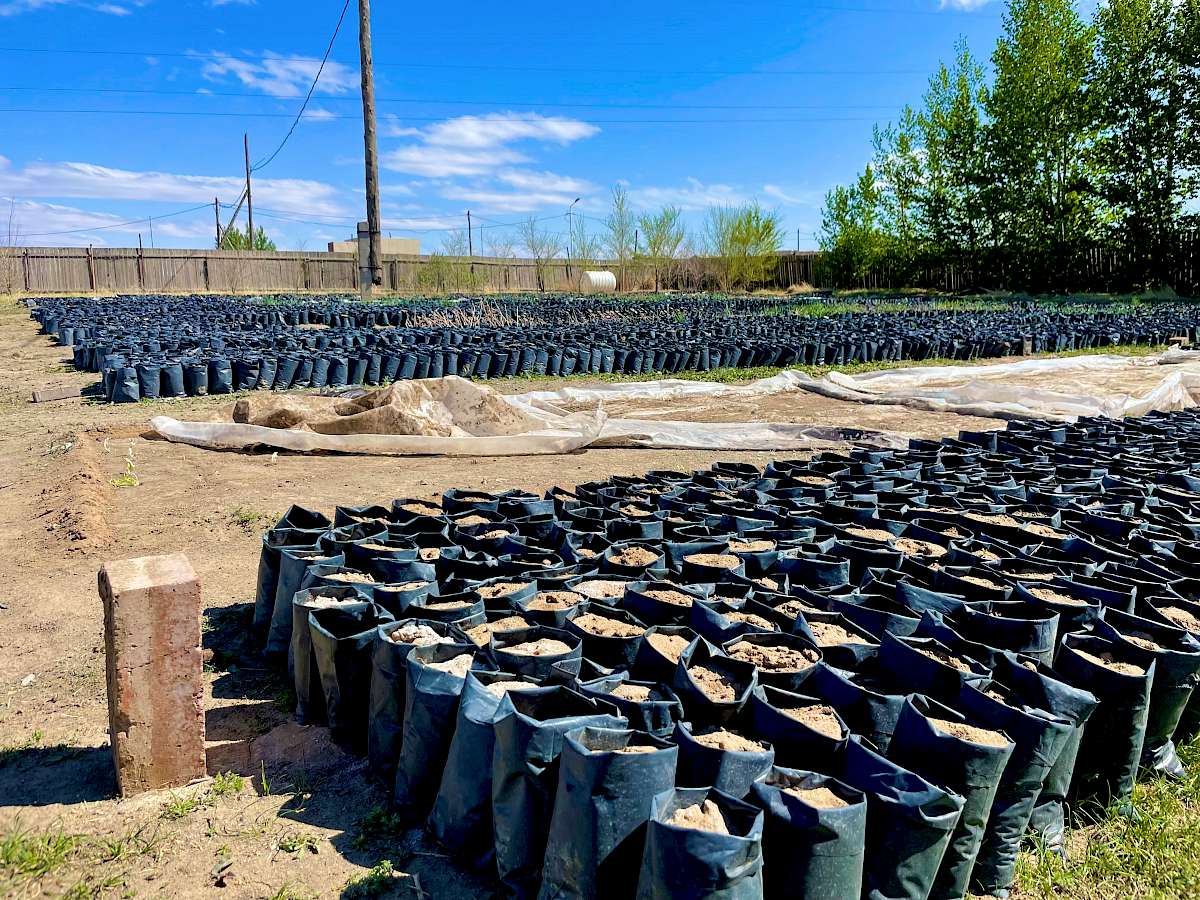
According to recent IPCC findings on climate change, if no immediate action is taken, we will see a significant increase in natural disasters – droughts, flooding, severe weather events, the loss of habitats, among many others. The good news is that there are already available options at hand to counteract the negative effects of climate change.
Climate smart agriculture and ecosystem-based disaster risk reduction for climate-resilient development pathways in Asia are one way forward. With innovative entrepreneurs working on the ground and activists ready to address these challenges, there is a growing momentum to tackle these issues.
“I’m an economist statistician. I’ve been studying for several years what the private sector can do to address global climate change and the local challenge of desertification,” said B. Bayarchimeg, a resident of Mongolia’s South Gobi and a local business leader. An economist entrepreneur and passionate advocate for sustainability, B. Bayarchimeg is the founder of Khatan Kharmag LLC. Her company produces dozens of types of products, ranging from tea to soaps.
“All of our products are made with natural ingredients found in the Gobi region. However, we didn’t just stop there. We have also planted more than 100,000 berry trees/bushes since launching our company in 2017,” said B. Bayarchimeg.
Khatan Kharmag approaches business in both a sustainable and circular manner – sourcing locally grown agri-foods and revitalising the ecosystem through the planting of thousands of berry trees. As a result, the business model is also contributing to a reduction of greenhouse gas emissions, with berry trees acting as a carbon sink – absorbing carbon dioxide from the atmosphere.


“Through the EU-SWITCH-Asia funded Switching On the Green Economy (SOGE) project, we are looking forward to working with, and learning from entrepreneurs just like B. Bayarchimeg,” said G. Lkhagvasuren, SOGE Project Manager at People In Need.
The SOGE project aims to support agri-food and beverage SMEs and retailers in adopting circular economy practices through a market-based eco labelling system, capacity building, behaviour change and access to green finance. From 2022 to 2025, the project will be implemented by People In Need INGO in close partnership with the Mongolian Sustainable Finance Association, Development Solutions NGO, and Caritas Czech Republic INGO.
“There is a huge need to develop and support products that are not harmful to the ecosystem. We need to create a system with a green label just like the SOGE project plans to do,” said B. Bayarchimeg.
In the coming months, SOGE will meet with more business leaders and mentor them on how to design programmes that addresses the challenges of both climate change and sustainability. “We are excited about companies like Khatan Kharmag because they demonstrate the huge potential that SMEs in the agri-food and beverage sector play in combating climate change,” said G. Lkhagvasuren.
Photo credit © Switching On the Green Economy (SOGE)


